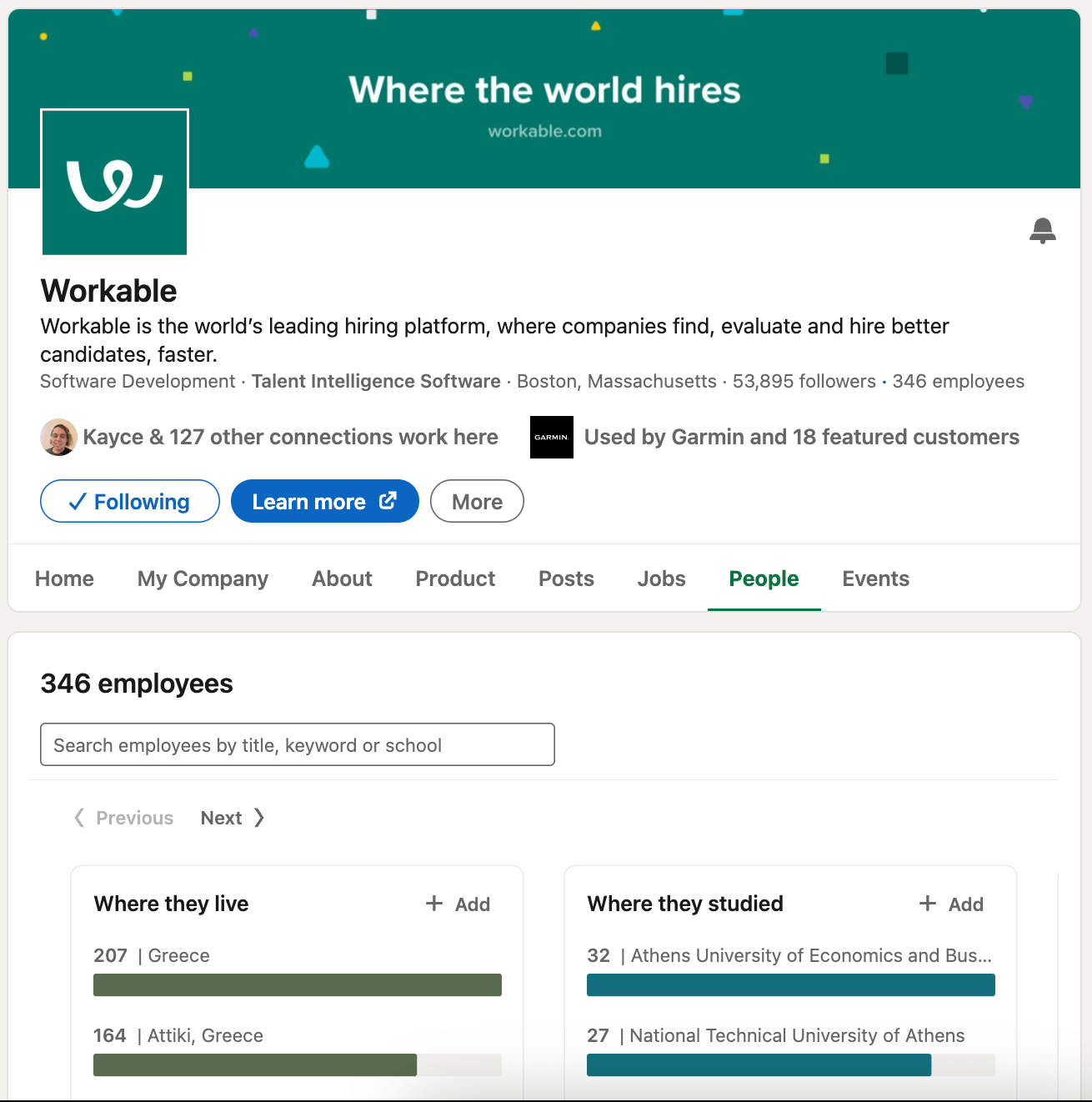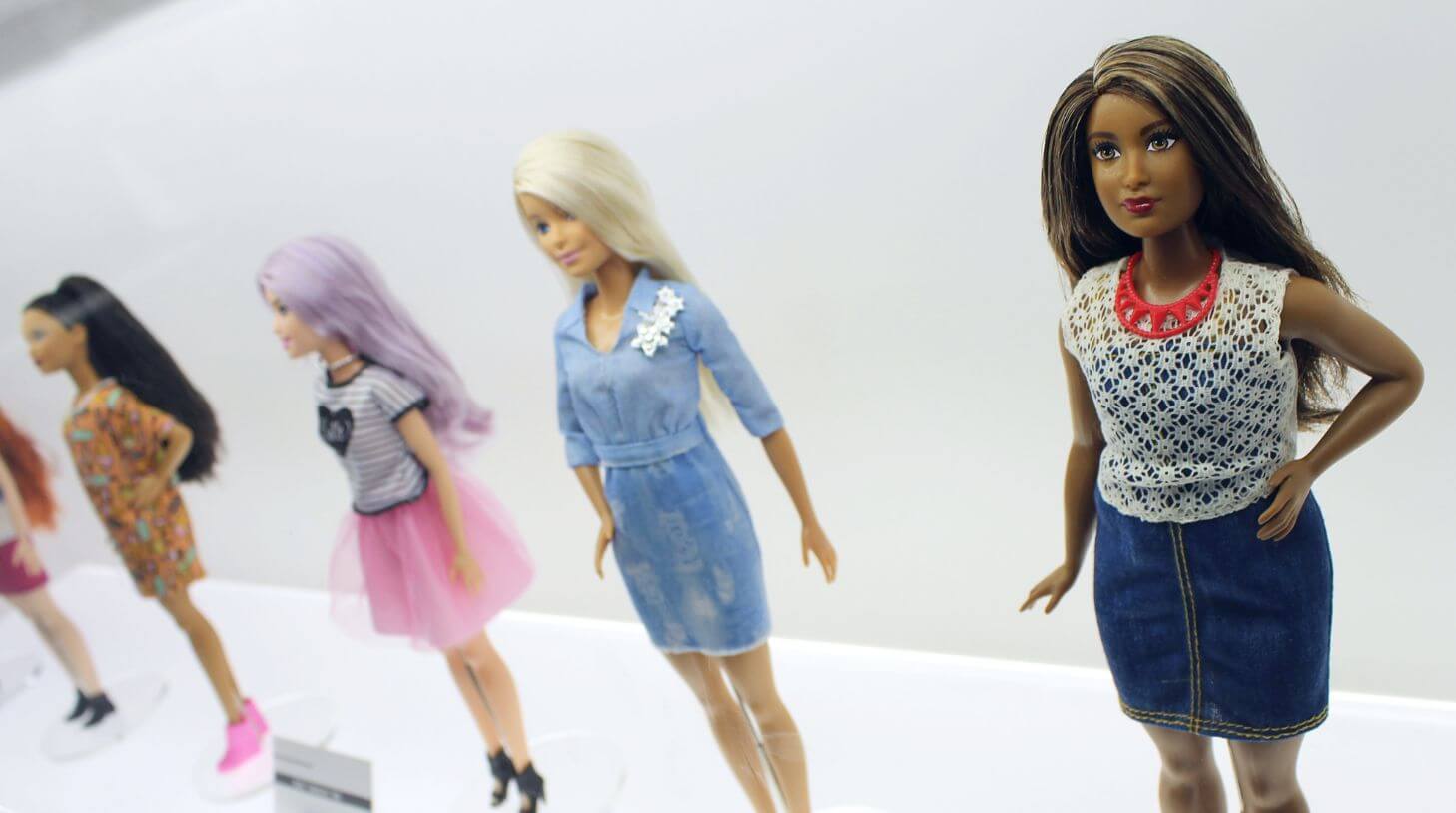Embrace diversity: cultivate a thriving workplace garden
Cultivate your recruitment strategy using DEI practices for innovative solutions – awaken awareness of unconscious bias and empower organizational growth.

Diversity, equity, and inclusion, we all know what it means and we know what it stands for. Though, what does it mean for recruitment?
Picture yourself as a job hunter. Maybe you’re even job hunting as you read this. Job hunters will always research a company, whether it’s about its history, culture, or the industry it’s in. Jobseekers will also get curious – we, after all, are naturally curious creatures, and curiosity just happens to spill over into job hunting.
Jobseekers also want to make sure they are interviewing with and potentially joining a company that may be a good fit for them whether it is aligning with their personal values, career goals, and a culture where they picture themselves thriving in.
And apart from being curious about facts about a company, jobseekers get curious about the people.
It takes just seconds to look up a company and click on that tab that says ‘people’ on LinkedIn. Naturally, a jobseeker will take a look to see if anyone in a company is similar to them.
They’re drawn in to see if there are different groups of people, people that identify from the same group as them, and to see if the company they are interested in includes people like them.
But why do they do this? Let’s add a bit of psychology 101 into this. Naturally, humans have what is called an unconscious bias. Unconscious bias refers to the attitudes, beliefs, and stereotypes that affect our judgments and decisions without us even realizing it. These biases are often subconscious and are formed based on personal experiences, cultural background, and social context.
Unconscious bias can also creep in for the jobseeker. Candidates are drawn to similarities. If they do not see someone that is similar to themselves, this sends a message to that jobseeker that diversity, equity, and inclusion is low or nowhere to be found – or even conveys that they may not be welcomed in that organization.
This can be problematic for both jobseekers and employers.
Unconscious bias: a two-way street
This works both ways. Recruiters have unconscious bias too, where it influences the impression of a candidate.
You, as an HR professional, must be careful with that unconscious bias. You must try to block out these unconscious biases within yourself and try not to let them cloud your judgment.
Otherwise, that clouding could result in you missing out on high-quality candidates because biases can affect your judgment of that individual’s candidacy for the position. When it comes to your day-to-day work in your job – for example, when you’re screening candidates – try to put yourself in the shoes of the jobseeker above.
Ask yourself: would you rather see more people like you or more diversification? Wouldn’t you like to be at a company that promotes the sense of welcoming, the promotion of diversity enriching the culture – and see that the sense of diversity, equity, and inclusion has a permanent strategy there?
Often, diversity, equity, and inclusion is dismissed or just refined to being a training or another difficult conversation. In recruiting, it’s confined to being just another metric. In fact, just 30% of companies have DEI as part of their permanent strategy, according to our survey on DEI in the workplace.
On the contrary, it’s more than just a training. It’s more than just an ‘HR thing’, and certainly more than a metric recruiters have to pay attention to.
DEI is beyond all of this. It’s about bringing new perspectives to the table. It’s about diversity having the power to spark creativity, innovation, and problem-solving skills that may not have been possible or achievable with a homogeneous workforce.
The sense of belonging in the workplace trumps many things for people. Recruiters should leave bias hiring behind and think about this particular view of DEI.
The value of culture add
As recruiters, we must think about not just ‘culture fit’, but rather ‘culture add’.
Culture fit focuses on the harmony between an individual and the company culture. The individual shares similar values, behaviors, and attitudes as the company where they can blend seamlessly into the company culture.
On the other hand, culture add takes a different shift in focus. With culture add, there is an embrace of fresh and new perspectives, uniqueness, and differences that the individual can bring forward to enhance the company culture.
Looking at these differences, culture add can increase value to an organization. Culture fit confines a person to fit particular characteristics, while culture add embraces and allows the individual to break that confinement and to redefine what it means to ‘fit in’. This uniqueness, fresh perspectives, all stems from diversity.
This is important to keep in mind as a recruiter when scouting for talent. We want to plant culture add in our organizational garden because, remember, a diverse garden can open many opportunities.
Growing the DEI garden
True gardeners or those interested in gardening know that gardens should have a diverse species of plants to flourish. For the reason being that underneath the surface, diverse planting can create a promotion of sustainability, success, and life for the beautiful garden that most gardeners aim to have.
Now think of the company being the soil, candidates being the seeds, DEI being the water and sunlight. Imagine what beauty could grow out of this, and what could blossom. This is the beauty of DEI, how it collectively brings wonderful minds together to blossom into something bigger. This is the promotion of bringing a more sustainable, successful, alive culture to the surface.
And then think about your part in all of this. It all starts with the recruiter. Besides the company, the recruiter holds the power to bring forth those wonderful minds and enrichen the company’s diversity. This could then inspire others to do the same, to plant more of the importance of DEI.
Imagine the garden that can be grown. A garden of fresh ideas, talent, innovation, and most importantly, belonging. It is important to recognize and address unconscious biases to create a more diverse, equitable, and inclusive workplace.
Think about the difference that can be made in hiring and how to couple diversity, equity, and inclusion with recruiting. Start that garden, give it the water and sunlight it needs to be healthy and to blossom. Contribute to the nature of the curious garden of DEI.
Iliana Ramos is Workable’s Talent Acquisition Specialist. In her own words: “My passion for talent acquisition first stemmed from an internship I did in college. Since then, I am doing what I love where I get to meet tons of new people everyday and staying on top of trends in the industry. When I am not recruiting, I am an avid gym-goer and a huge lover of music. My favorite artist of all time is Tiësto and have been listening to him since I was 12 years old. I almost fainted when I saw him live in person for the first time.”
Frequently asked questions
- What's the difference between culture fit and culture add?
- Culture fit is when an individual blends seamlessly into the company culture, while culture add involves embracing fresh perspectives that enhance it.
- How does DEI impact organizational success?
- DEI fosters creativity, innovation, problem-solving skills, and helps build a sustainable work environment where everyone thrives.
- Why do job seekers look for diverse companies?
- Seeing people like themselves suggests a sense of belonging and being welcomed into an inclusive organization.
- How can recruiters address unconscious biases during recruitment?
- Being aware of personal biases allows HR professionals to make impartial decisions for selecting candidates based on potential contributions.
- What role does recruiting play in growing DEI within an organization?
- Recruiters hold power in shaping company cultures by selecting candidates who bring unique ideas to foster continuous growth.




